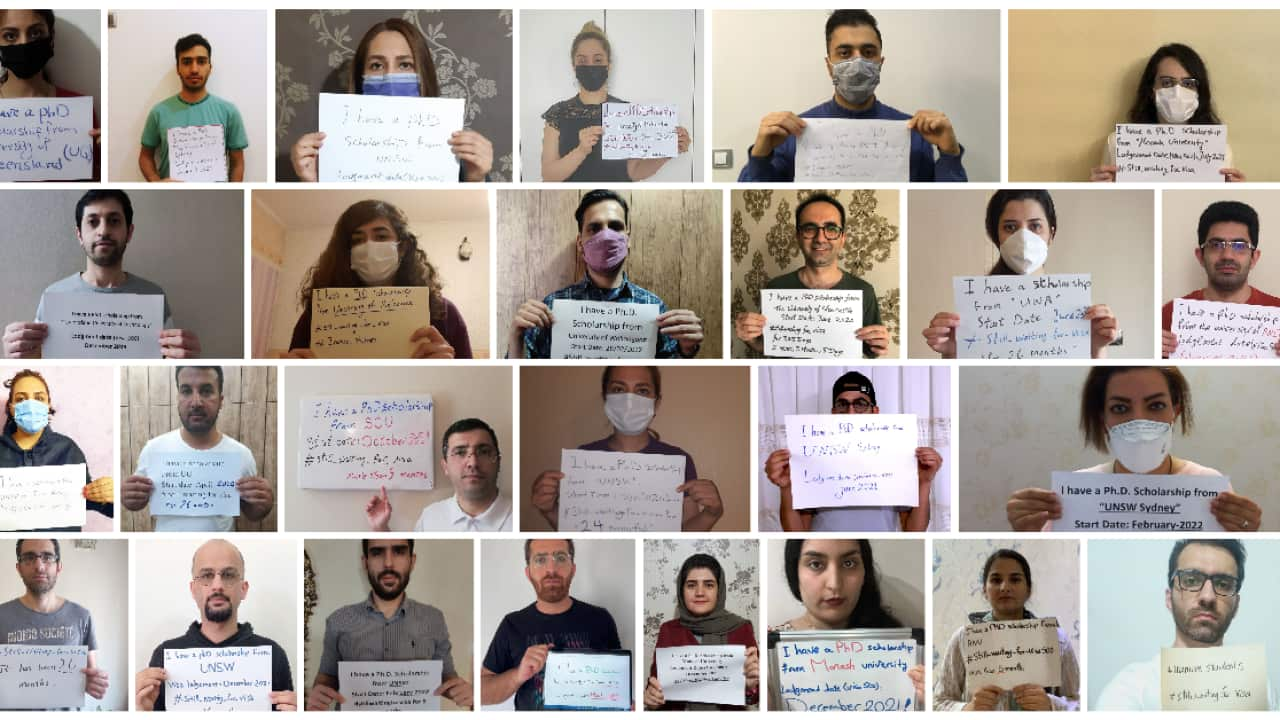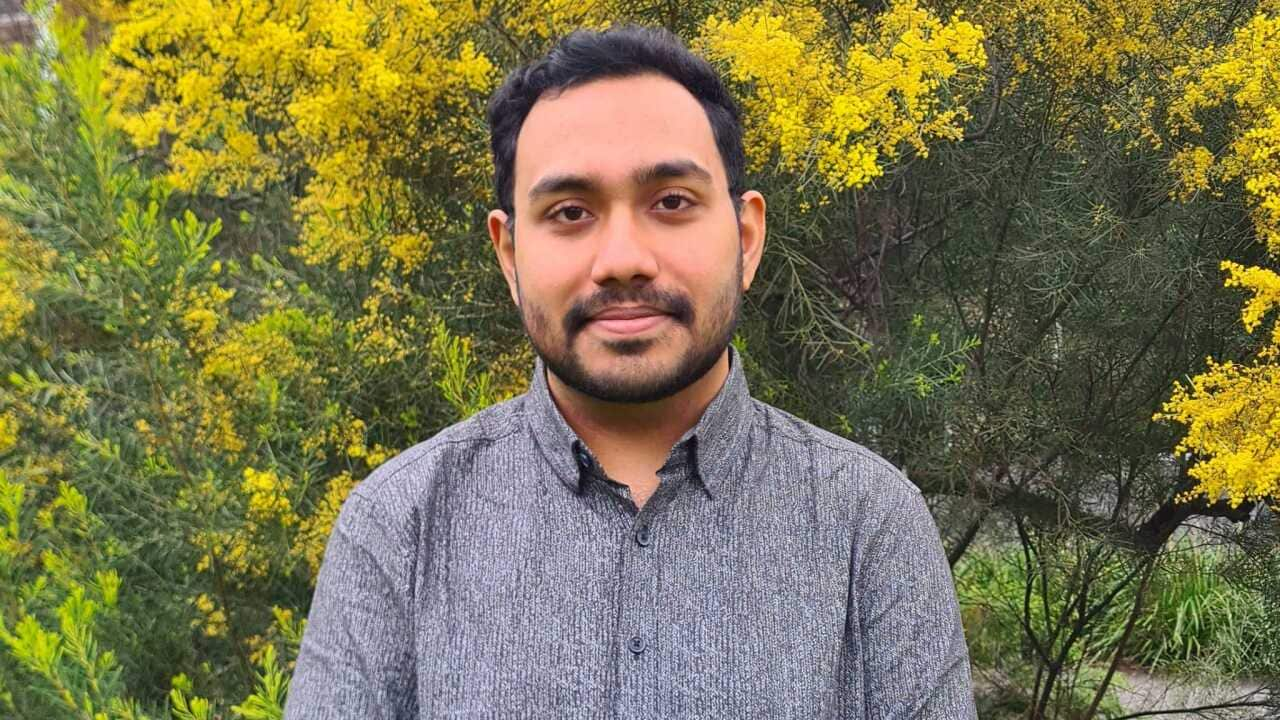When Chinese student Andrew* received an offer to undertake a PhD scholarship at Curtin University in Perth, he was elated.
He did not expect that two years later, he would still be in limbo, waiting for his visa to be approved.
“I feel a lot of pressure,” he said from China on the condition of anonymity, citing fears that revealing his identity may result in repercussions.
“I have tried to ask how my application is going many times, but they just say they need time to process it.”
I have tried to ask how my application is going many times, but they just say they need time to process it.- Andrew*, International student in China
His situation is not unique. He has connected with other Chinese students in the same position as him through a WeChat group with more than 300 members.
An internal poll conducted by the group found 20 per cent of students in the group have been waiting longer than a year.
SBS News understands at least 50 Iranian students with PhD scholarship offers have also been waiting more than a year.
Data from the Department of Home Affairs website shows half of all postgraduate research students receive their Australian student visas (subclass 500 under the postgraduate research sector stream) within four months.
The website also states that in December 2022, the median processing time for applications where the student is outside Australia was 16 days.
But one in 10 applications takes longer than a year.
Hamed Pourazad knows what that feels like.
The Iranian student was offered a scholarship to complete a PhD at Newcastle University in June 2020. But after a three-year wait, he started looking elsewhere to study.

Hamed Pourazad was offered a scholarship at Newcastle University. Source: Supplied / Hamed Pourazad
“I was checking my application status every day, sometimes two or three times a day,” he said.
“Eventually, the waiting and not knowing what is going to happen affects you mentally and physically. It’s like three years of your life, gone.”
He said the most frustrating part of the process has been a lack of response from the Department of Home Affairs.
“If they are going to reject our application, then just do it after a couple of months," he said.
“Instead, we are just left waiting, and you ask them many times for an update, and the response is just a generic email with the names changed.”
The students have launched online petitions, which have collectively attracted more than 2,300 signatures.
Clement Canonne, a computer science lecturer at the University of Sydney, said he approved a scholarship for a PhD on machine learning - an application of artificial intelligence that involves making computers learn from data without direct programming - for a Chinese national in 2021.
The student has been waiting more than 15 months for a visa.
“He is an excellent student. I have funding and a research program, but a part of it is just not starting because I don’t have the student that could work on it,” he said.
The student has been working as a research assistant in a third country while he waits.
Mr Canonne said he does not know why the process is taking so long.
“It’s in the long-term going to be very damaging to Australia’s reputation,” he said.
“These are very qualified people that can and would want to contribute to Australia, and we need them.”

After a three-year wait, Hamed Pourazad started looking elsewhere. Source: Supplied / Hamed Pourazad
“Whatever the final determination is, it should be communicated as swiftly as possible,” she said.
A spokesperson for the Department of Home Affairs said the federal government “recognises the important role played by the postgraduate research sector in uplifting Australia’s reputation as a high-quality destination for innovative research within the international education sector; and consequently, influencing Australia’s economic prosperity”.
They said almost 10,800 postgraduate research visas were granted between 1 July 2022 and 28 February 2023 and that the largest number of visas granted went to applicants from China.
India placed third, Pakistan eighth and Iran ninth.
It’s understood security checks can delay the process.
“Applications will be examined on a risk basis - where there is a risk to intellectual property or to critical technology there should be an expectation that the Australian government would take that risk seriously and assess it,” John Coyne from the Australian Strategic Policy Institute (ASPI) said.
ASPI is an independent defence and strategic policy think tank that receives funding from the Australian and overseas governments.
“But any visa system must be able to process visas quickly if Australia is going to compete for the best and brightest in the world,” Mr Coyne added.
Melbourne migration agent Simon De Vere, who previously worked as an assistant secretary at the Department of Immigration, said he has heard of individual cases which have been delayed because of security concerns.
“We are aware of cases where security agencies have raised concerns and those concerns have led to lengthy delays,” he said.
*Not his real name
Would you like to share your story with SBS News? Email












